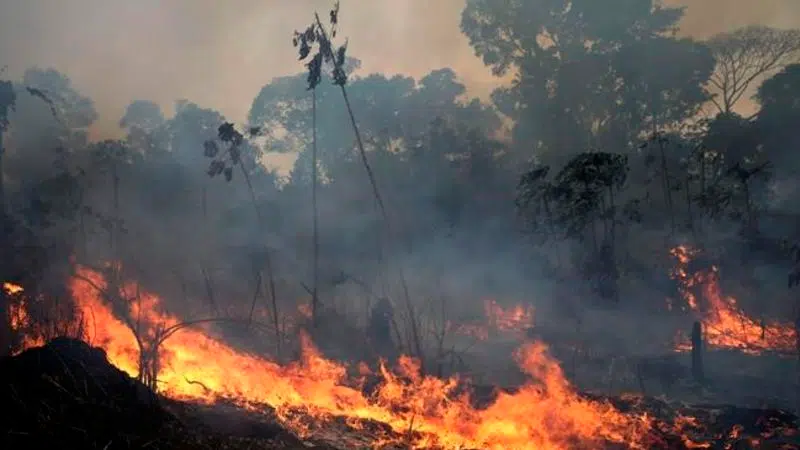
Canada pushing for Amazon protections in free-trade talks with Brazil
OTTAWA — Canada is forging ahead with trade talks with the South American Mercosur trading bloc, hoping to push Brazil to better protect the critical Amazon rainforest, a government spokesman said Tuesday.
The talks are continuing despite Brazil’s initial rejection of international funding to help fight fires in the Amazon, apparently over a personal spat with France’s President Emmanuel Macron.
Canada began trade negotiations last year with the four full members of the Mercosur group — Argentina, Brazil, Paraguay and Uruguay. There have been six rounds of talks, most recently in June.
Environment groups last week asked the federal government to abandon those talks in a bid to force Brazilian President Jair Bolsonaro to end the rapid deforestation experts say is partly to blame for the record number of fires burning in the Amazon this year.
